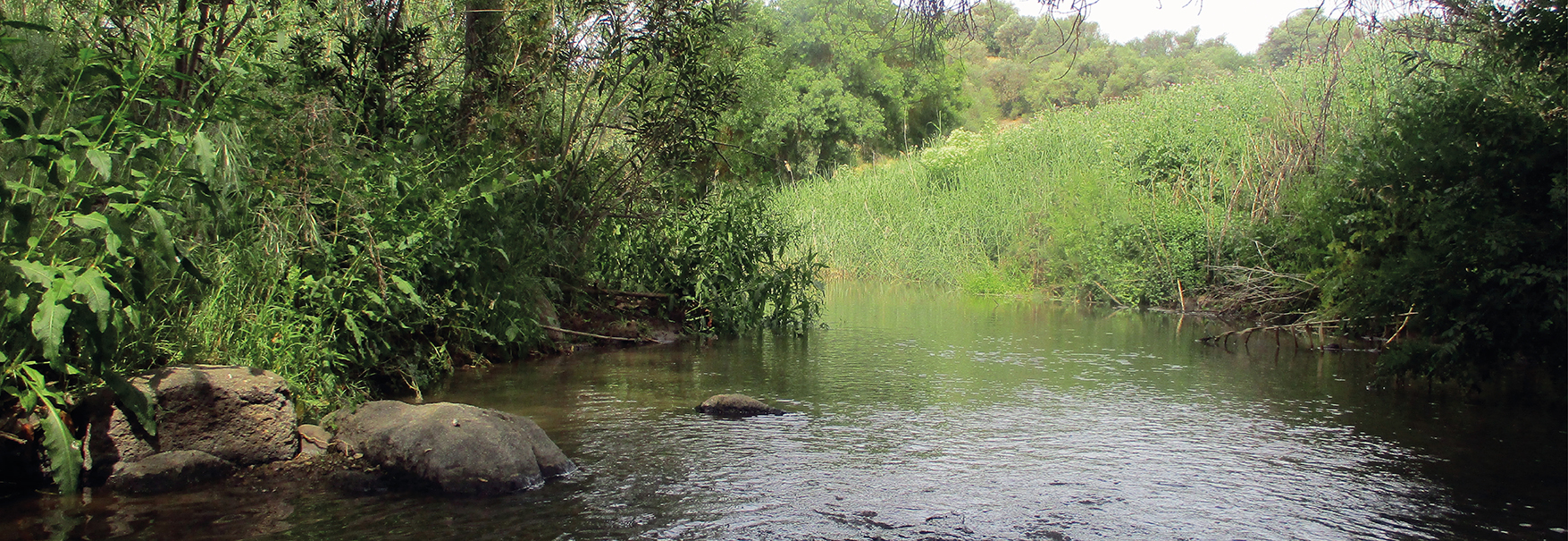Environmental Management Programme
- Home
- What We Do
- Environmental Management Programme

The first environmental impact assessment (EIA) of the Alqueva Dam and Hydroelectric Plant was completed in October 1994.
The Assessment Committee proposed approval of this first phase of the Project (dam and hydroelectric plant) and its implementation was contingent on an environmental impact assessment of the Project as a whole.
An integrated environmental impact study (IEIS) considering the entire Project was conducted between July 1994 and March 1995. Documentation of the EIA procedure began in March 1995, when the IEIS was submitted to the Ministry of the Environment and Natural Resources pursuant to Decree-Law 186/90 of 6 June. The Assessment Committee’s opinion was approved by the Minister of the Environment and Natural Resources in August 1995.
This EIA process resulted in a positive opinion on the Alqueva Multipurpose Project, subject to environmental management based on the principles and requirements set out in the opinion issued and in the opinion on the first assessment. One of the main requirements was:
- A commitment to adopt an environmental policy in the Project’s management, including setting goals and targets and implementing an environmental management system and programme to achieve them.
In February 1997, the Project’s Environmental Management Programme (EMP) was presented, with a view to planning the minimisation and offset of impacts.
This EMP was revised as part of the EFMA’s environmental management for its continuous improvement on the basis of the Project’s degree of implementation in 2004/2005. It was approved by Joint Ordinance 1050/2005 of 6 December of the Ministry of the Environment, ´Territorial Planning and Regional Development and Ministry of Agriculture, Rural Development and Fisheries.
EFMA’s Environmental Management Programme (2005 version) considers the Projectas a whole and at long term. It is divided into main areas of action for the EFMAS’s environmental management:
-
- Environmental impact assessment;
- Preparation of the EFMA infrastructure area;
- Environmental supervision – construction of EFMA infrastructures;
- Environmental monitoring;
- Management and exploitation of natural resources;
- Territorial planning and regional development;
- Environmental management systems.
General and specific goals, environmental targets, responsibilities and timelines were defined for each of these areas. The entities in charge of implementing the programme’s environmental targets were identified in terms of responsibilities.
According to its environmental policy and competences, EDIA handles the activities for which it is responsible and makes an active contribution to implementing the EFMA’s Environmental Management Programme.
